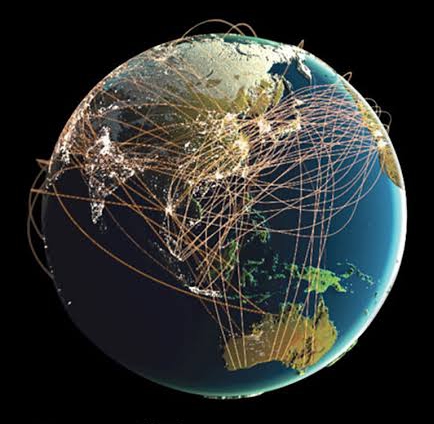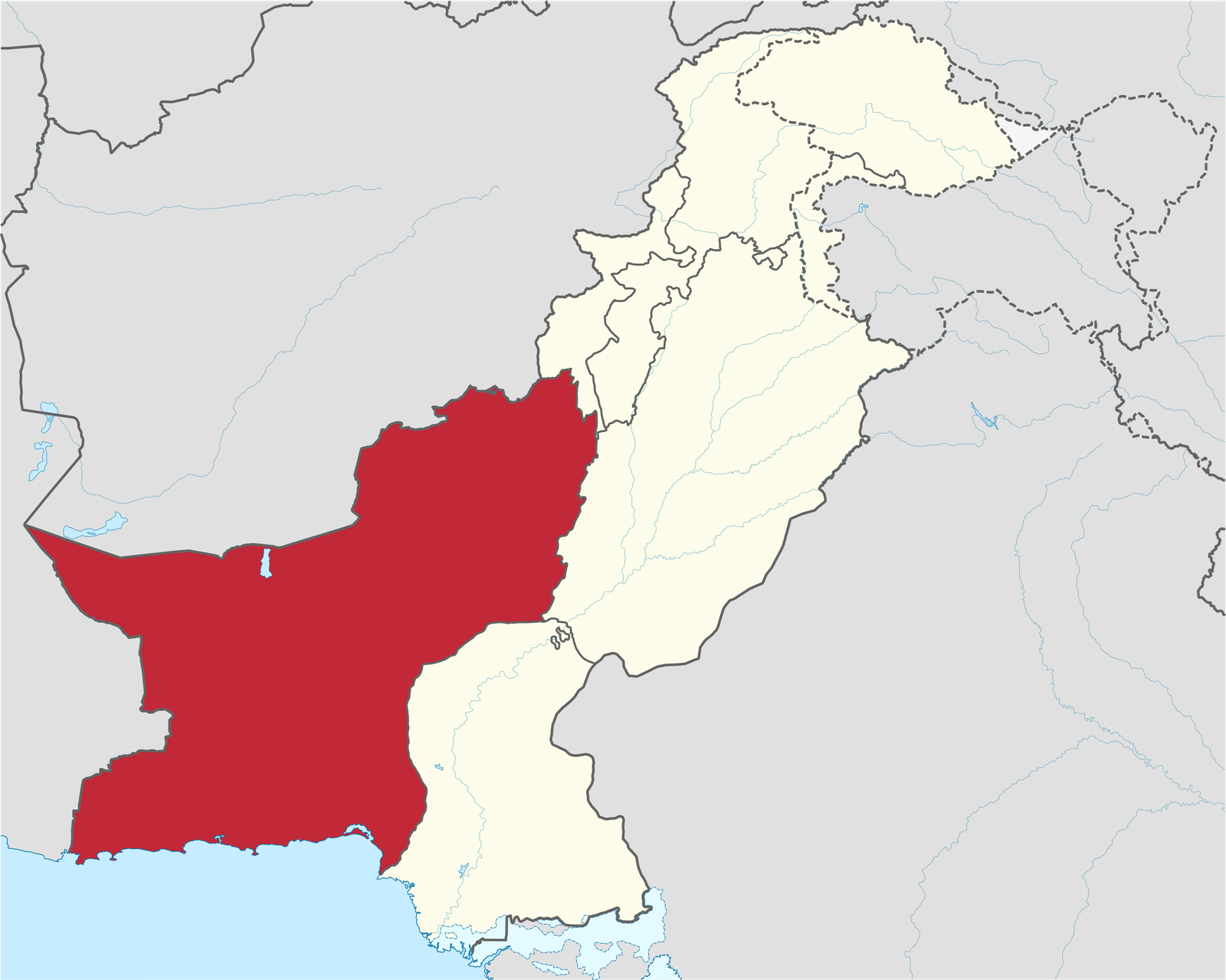By Mudassir Changwani – From Pakistan’s Perspective: Redefining National Security In The Contemporary World (concluded)
Rising multipolarity, too, apparently is casting its dark shadows over world’s political environment. States maneuvering for greater power and position may increase, and converging and diverging notions of interests and reliance on ‘self help’ approach toward anarchical international system can become basis for major powers to forge or severe partnerships, build greater military arsenals and construct their strategies and diplomacies revolving around employing kinetic forces and coercive means. As the threats of military entanglement for states persist, realist worldview of advocating greater pursuit of power through acquiring greater relative military capabilities holds currency and is reflected in the burgeoning global military expenditure that according to a survey by Stockholm International Peace Research Institute (SIPRI) amounted to $1.7 trillion in 2012.https://republicpolicy.com/from-pakistans-perspective-redefining-national-security-in-the-contemporary-world/
On the other hand, contrary to the foregoing assumptions, and given the ‘global process of increasing economic, cultural and political interdependence and integration’ and growing role envisaged by transnational actors especially intergovernmental organisations (IGOs) like the UN, the IMF, the World Bank, the WTO; multinational corporations (MNCs); and global civil society, it can be dangerous to privilege realism in policymaking and thus, arranging relative capabilities driven by its worldview. There is a deepening sense that as the global distribution of power is undergoing tremendous transformation so are the centres of power and privilege shifting away from military-dominated conception of security towards domains fixed around economic supremacy and hence cooperation not confrontation will determine the dominant pattern of interactions among states.
Noah Feldman, a Harvard law professor, maintains, “The world’s major power and its leading challenger are economically interdependent to an unprecedented degree. China needs the United States to continue buying its products. The United States needs China to continue lending it money. Their economic fates are, for the foreseeable future, tied together.”
Therefore, for states to benefit most in the contemporary economic-necessities-driven global system, there are growing recommendations from scholars, strategists and practitioners for increasing focus on trade and economic competencies. ‘The current era of globalization has entered a world based on education and human capital; one where creative ideas, product design, financing and marketing have increasingly become major sources of wealth and power.’https://republicpolicy.com/the-united-nations-and-the-principle-of-neutrality/
Exploring most accurate conception of security for Pakistan with special regard to its complex geopolitical context is, predictably, a highly complex and difficult task, however, it can be maintained that Pakistan needs to move away from traditional statist- and military-based associations of security. Nonetheless, departing from traditional realist approach, here, doesn’t mean ignoring the continued significance of military capabilities rather capping opportunity costs in favor of human development needs and making protection of individuals’ interests superior. By carefully arranging security strategies around primacy of human security approach with continued importance of military power in responding to emerging trends in global political and security environment, both of these conceptions, in fact, together can complement and reinforce each other.
A country’s national power is indispensable for security policy in the contemporary world. The tools and techniques of international relations hinge on national ability. The economy and technology are essential for the cause. All procedures and practices are critical. However, Pakistan needs to work on national power. The modes of democracy, representation and participation are vital for the purposes. It may take time but then, there is not short way forward.
Concluded….
The writer is a co-editor at republic policy
















